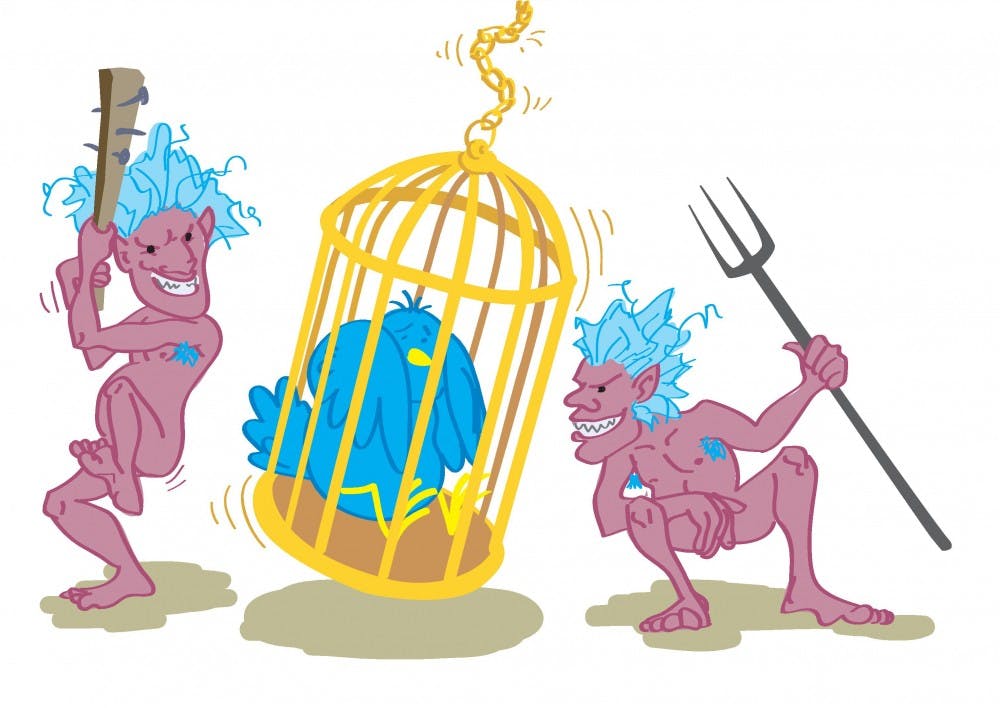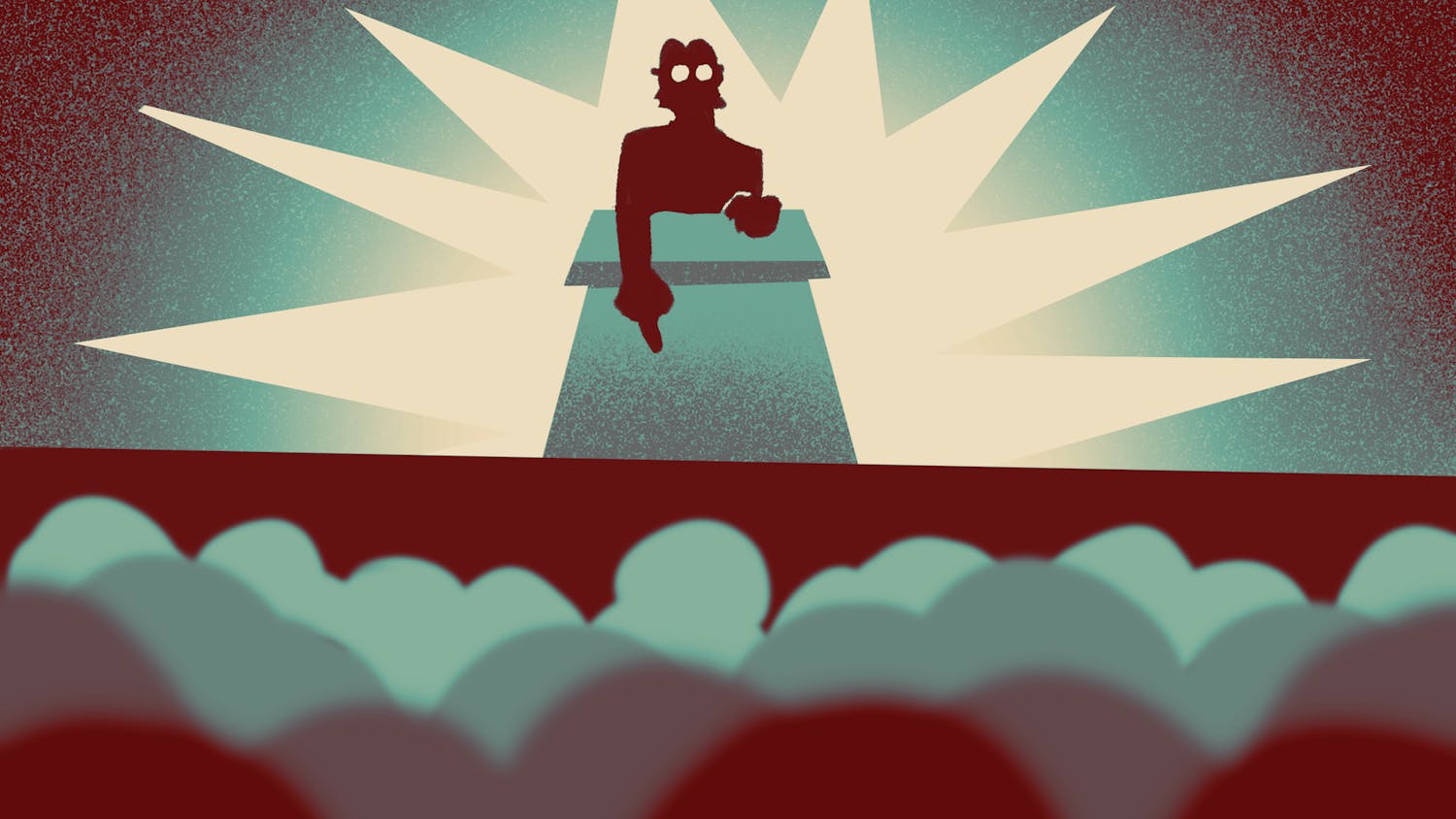Internet trolling is generally seen as a laughable way pathetic people get attention, and many find it is easy to ignore.
When Robin Williams took his own life earlier this month, his daughter Zelda Williams was suddenly under attack.
According to Gawker, she posted a tribute to her father shortly after the announcement of his death.
She was subsequently harassed and cyberstalked via Twitter and Instagram. Users left cruel and threatening comments about her and her father. She later deleted her profiles on both social media platforms.
Students don’t necessarily face the same level of insensitivity some celebrities or public figures can undergo. But young people such as college students can face serious cases of cyberstalking and cyber harassment. If someone is vocal enough, or lacks a sense of caution online, they can make themselves incredibly vulnerable to trolls and stalkers.
Social media often makes many forget that when they interact with celebrities, businesses or even friends and family online, they are dealing with actual people, and some things we feel brave saying online we know would be highly inappropriate in person.
However, more often than not, Internet trolls exist as instigators. If a person has a level head, they will know to let hate simply roll off their back. But this needless and cruel torment of a grieving daughter takes it one step too far. It indicates that Internet trolling has allowed some users anonymity for their dangerous and sometimes inhumane actions.
Hateful speech and ideas are, indeed, protected under the First Amendment. These instances are classified as criminal offenses when they lead to violations of privacy, cyber harassment and cyberstalking, according to Danielle Keats Citron in her book, “Hate Crimes in Cyberspace.” Online perpetrators can be criminally prosecuted for threats, invasion of privacy, stalking, harassment, intimidation and can even be sued for defamation and intentional affliction of emotional distress.
The fact that Zelda Williams was so thoroughly ripped apart that she was forced to delete her presence online makes the Editorial Board question if there isn’t something more that should be done about protecting social media users.
The unfortunate thing is that many social media platforms simply lack the resources to stop inappropriate online interaction other than to just delete or block the accounts in question. But the same troll can still create multiple accounts. There’s no guarantee they’re gone forever.
As this world becomes more public, and as more people create online presences and begin to interact with each other via the Internet, social media giants must take a serious look at how they can protect their users from dangerous behavior.
Social media is becoming a common thoroughfare for social interaction. The same laws that protect people in the real world from dangerous people should apply online.




